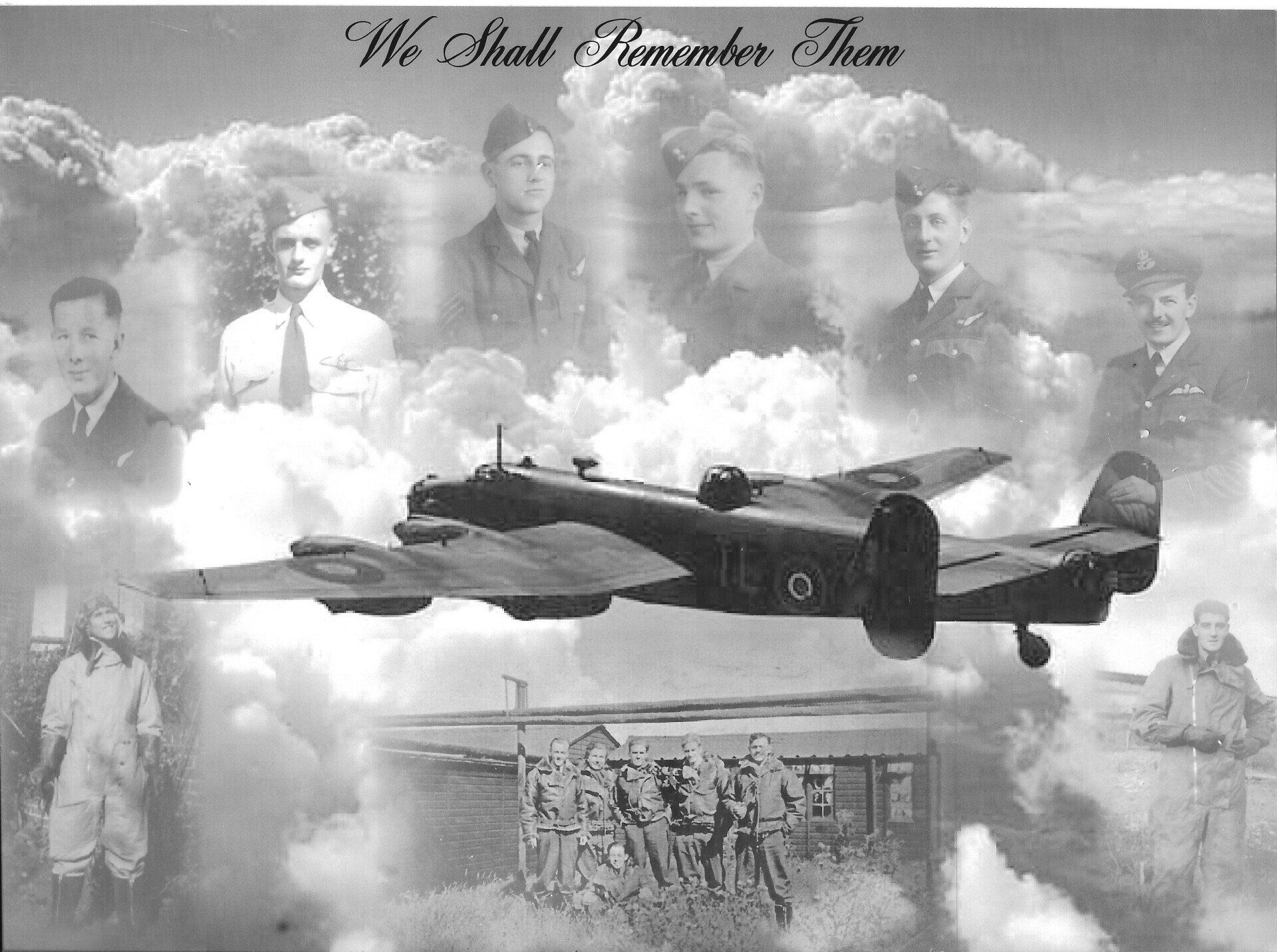History was always my favourite subject at school. Unfortunately, come option time, it clashed with German and languages were my strongest subject and I did enjoy them - so history had to be dropped. Luckily, during my German degree I could opt for the Medieval option from Year 2 to the end of my degree. That took me down the route of Old High German, Middle High German, Minnesang, Old Icelandic. Fascinating - so I did still manage to get some History. Periods of particular interest to me were Vikings, Medieval Period, WWI, WWII
Vikings
Having been born and brought up in a Viking area of North Yorkshire and with family on both sides going back generations in that area I was always convinced we were descended from the Vikings. That era held a fascination for me as a kid and I loved reading about them. I keep intending to pick up and read the sagas again (in English of course) but there is so much else to do, see, learn and read ...
At University studying German, selecting the medieval option for the final three years allowed me to study Old Icelandic and to read parts of the sagas in the original. I was amazed to find out how much of the Old Icelandic still exists as North Yorkshire and East Yorkshire dialect. The Viking influence can still be seen (and heard) all over this area.
After graduating I joined the York Anglo-Scandinavian Society. What a treat to be given a tour of the brand new Jorvik Viking Centre just before its official opening. I have to say - that is a York attraction that is a must see. Informative and entertaining!
Medieval Period
This was another period of history that enthralled me as a child - even as a kid I loved visiting castles, museums and reading about the period. I still find it fascinating and love to see how so many people work to keep history alive. AT the Royal Armouries in Leeds they have even re-introduced jousting as a sport!
-
Carrickfergus in Northern Ireland
-
Carrickfergus in Northern Ireland
-
Castle Bolton in North Yorkshire
-
-
-
View more
World War I
This was another period that has always fascinated me. I've loved reading about this era.
I'm not a fan of poetry. It never has done anything for me - but when I did A-Level English we studied Wilfred Owen and I was absolutely blown away by it. His poetry is so powerful, so evocative. It really reached me.
When I was growing up there was an old man on my street called Jack Webb. He wore leather gaiters and had been an outrider in the First World War. Looking at people I've known growing up and recognising what those generations went though always reminds me that we were holding hands with history.
When I got married I found my wife's grandfather, Thomas Davies, had served in WWI in the Liverpool Pals regiment
-
Thomas Davies with his wife Eleanor
-
Thomas Davies, Back right
-
Thomas Davies in the uniform of the Liverpool Pals
View more
World War II
This was then moving very close to home as we were born just a few years after the war. Our parents had been through the war. My mother-in-law served in the Land Army. My father-in-law was a Bevin Boy. My Grandad was a sergeant in the Home Guard. All the adults we had involvement with had been through the war - most had served. In our little street on a council estate there was a man from the Ukraine, a lady from Austria who had married a British soldier and a lady from Belgium who had married a British soldier. What a wonderful, cosmopolitan council estate to grow up in!
My Mum in many ways was years ahead of her time. Despite the family heartbreak and experience of the war she always emphasised 'we were fighting the Nazis, not the Germans.' She encouraged my learning of German and whole-heartedly welcomed German exchange partners and my growing love for Germany and the people I met.
-
Audrey Davies
Audrey Davies in Land Army uniform
-
Sgt Harry Hildreth. Far Right
-
Harry Hildreth, 5th from left, front row
View more
Family Involvement
Flight Sergeant John Samuel Davies, RAF
I was sitting in the office one day and got a call asking 'Hello. Is that the family of Flight Sergeant John Samuel Davies?'
'Yes'
'Thank goodness - that's the last member of the crew traced!'
This was an air historian who was writing an account of the last flight of Jack's crew. Jack was my wife's Uncle. He was wireless ops/air gunner on a Halifax flying out of Snaith. They were all killed on landing on their 30th mission. In the official report the family were told that there was a trainee pilot and he had been trying to land the plane. As the air historian found out, this wasn't exactly the case.
The account was to be written for the next volume in the series of books called Snaith Knights and was to coincide with the dedication of a plaque at Pollington Airfield in the memorial garden.
How this had come about was that the Air Historian, Peter Gulliver (who has since become a good friend) had bought a menu card from a bomb aimers' course. It had been signed by several, 4 of whom had failed to return, one of whom was buried on the Isle of Wight - Flight Sgt 1389826 Mowbray Samuel George Mumford. After some research he began to put together the crew for that last fateful operation
Flt Sgt G H Elliott - Navigator
Sgt G Williams - Flight Engineer
F/Off S G Chopping - Pilot
Flt Sgt J S Davies - Wirless Ops/Air Gunner
Flt Sgt M S G Mumford - Bomb Aimer
Flt Sgt V H Andrews - Mid Upper Gunner
Sgt J L Bird - Rear Gunner
F/Off D J Hovell - 2nd Pilot
Peter ended up collating information about each individual crew member, each of whom got a chapter in the Snaith Knights book.
The ceremony itself was highly emotional with a BBFM flypast and the presence of crew family members and someone from the airbase who had witnessed the crash. What became evident from Peter's research was that the second pilot was not a trainee - he was an experienced Wellington pilot on a familiarisation flight, and nor was he piloting the plane. The plane had a problem and tried to land twice before making the third attempt and crashing into a railway embankment.
The most emotional part of the story was that a week after the crash a local farmer ploughed up a watch from one of the crew members, Victor Andrews. He took it to the chaplain who said to hang on to it as the family had already had enough distress. The watch had come to light, Peter had had it restored and presented it to the owner's brother who was an absolute double.
-
dedication card from the family of Griffith Williams Flight Engineer
-
newspaper article describing the story of Victor Andrews' watch
View more
L/Cpl Ron Jones, 2737974 Welsh Guards
During the war the Welsh Guards were stationed in Pickering up near the castle. My aunt married Ron Jones on May 25th 1944 - my Mum was bridesmaid and she always spoke very fondly of him.
Sadly Ron was killed very shortly after, just 3 weeks after D-Day during the battle for Caen. He is buried in a very peaceful little military cemetery in a hamlet called St Charles de Percy in the middle of nowhere near Caen.
I was very happy to be able to go and visit his grave and am determined to go back at some point.
-
Ron & Noreen Jones Wedding
Button
-
Plaque in the cemetery at St Charles de Percy
-
-
-
Ron's entry in the cemetery book
View more












